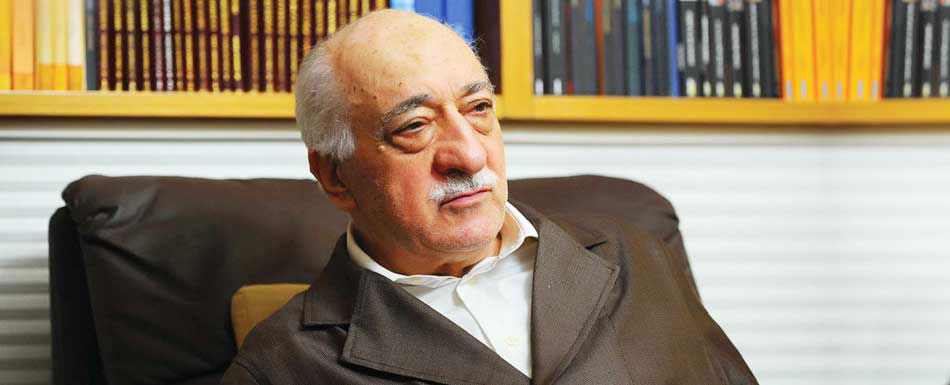Gülen: Alevi-Sunni brotherhood should not be marred by bridge controversy

Turkish Islamic scholar Fethullah Gülen has put emphasis on Alevi-Sunni brotherhood in comments on an ongoing controversy over the naming of a new bridge to be built over the Bosporus after an Ottoman Sultan who Alevis say is responsible for the killing of tens of thousands of Alevis in the early 16th century.
In a speech broadcast in fgulen.com on Wednesday, Gülen shared his comments on the government's decision to name the third bridge to be built over the Bosporus after Yavuz Sultan Selim and the ensuing criticisms from Turkey's Alevi community as the Sultan is perceived by Alevis to be responsible for the killing of as many as 40,000 Alevis during a war with Iran's Shah Ismail in 1511. He said he has deep respect for Yavuz Sultan Selim, adding that he has always questioned whether channels of diplomacy could have been tried instead of waging a war and "provoking anger" from Alevis. However, he underlined that evaluating past incidents from today's perspective would be an error.
Stating that he does not think that those who took the decision had a "negative intention," he said the issue should be regarded as a "detail" and should not overshadow "many other bridges between Sunnis and Alevis" of Turkey.
"There are many bridges between us [Alevis and Sunnis] in terms of our connection with God the Prophet and the Quran. There are also bridges that stem from our common values such as [Sufi thinkers] Ahmet Yesevi, Mevlana [Jalaladdin-i Rumi] and Yunus Emre. All these bridges may be ignored when a bridge to ensure passage from one side to the other side of İstanbul over the Bosporus is named as Yavuz Sultan Selim and when such a particular issue is regarded as the basis," Gülen said.
Gülen stressed that there are also "bridges" currently being built between Alevis and Sunnis, referring to the recent efforts of the Gülen movement to boost Alevi-Sunni brotherhood. "The bridges that are being built with the idea that we should spend time together in the same parks built for mosques and cemevis [Alevi place of worship] and that we should not create new reasons for enmity by reviving past problems. We should not destroy these bridges, which can lead to cohesion, with a bridge's name. Yes, we should not destroy several bridges with a single one. So, we should not sacrifice the essence to a detail, I mean a bridge, in an environment where we are coming together in Ramadan and Muharrem [sacred for Alevis], breaking fast, seeing sema [Sufi whirling ceremony] and semah [Alevi religious dance]," Gülen added.
He was referring to several events and fast-breaking dinners organized by Turkish President Abdullah Gül as well as the Journalists and Writers Foundation (GYV), whose honorary chairman is Gülen, during the Alevi holy month of Muharrem to highlight Alevi-Sunni brotherhood.
Noting that everyone should respect others' sensitivities, Gülen said the best way to understand each other's feelings is to come together and get to know one another better.
He also reiterated his proposal to build cemevis next to mosques to bring Alevis and Sunnis together. Gülen has been voicing this idea for years. Gülen earlier said that cemevis should be built next to mosques and that failing to build cemevis for Alevis was unjust. The head of a leading Alevi foundation, the Cem Foundation, has recently said efforts are under way for a project to realize Gülen's proposal.
Gülen is a Turkish Islamic scholar well known for his teachings that promote mutual understanding and tolerance between cultures. One of the world's most influential Islamic scholars, Gülen came out at the top of the list of "The World's Top 20 Public Intellectuals" by the magazines Foreign Policy and Prospect in 2008. Now residing in the US, Gülen has pioneered educational activities in a number of countries along with efforts to promote intercultural and interfaith activities around the world.
The Alevi community is thought to have between 6 and 12 million adherents in Turkey, which has a population of more than 70 million. Alevis demand that cemevis be officially recognized by the state.
- Created on .
